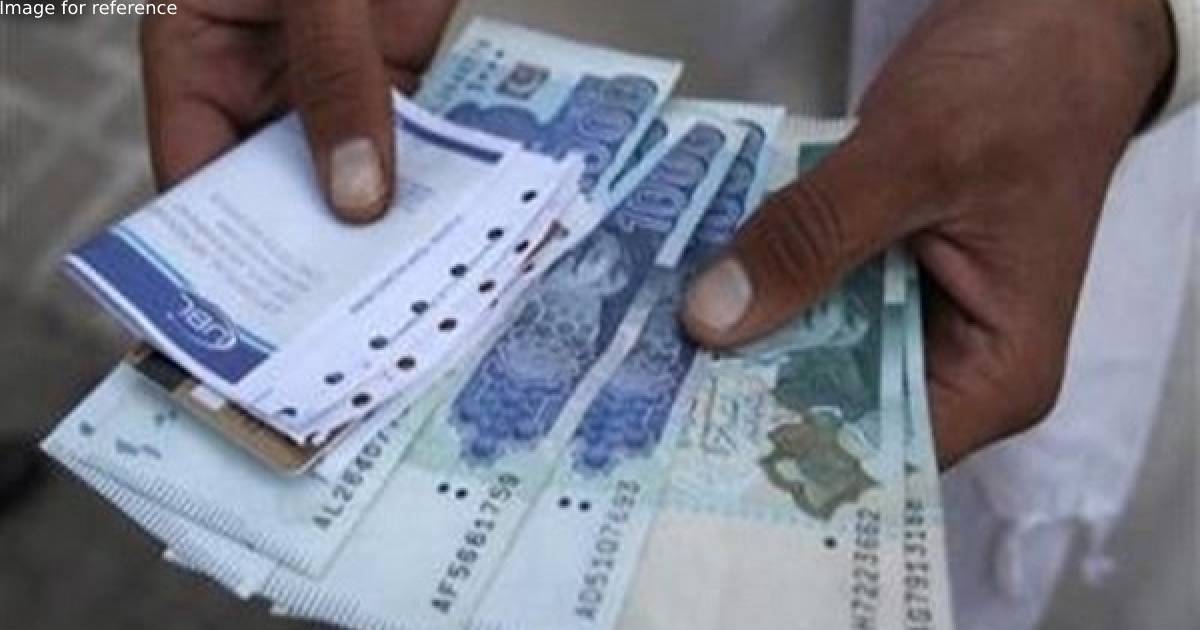Latest News
Pakistan government's debt up by more than 15 per cent: Report

Islamabad: Amid the worsening economic situation in the country, the Pakistan government's total debt has increased by 15.3 per cent in the first 11 months of the fiscal year FY22.
The federal government's total debt in June 2021 was 38.704 trillion Pakistani rupees (Pkr) which jumped to Pkr 44.638tr in May, the Dawn newspaper reported citing the State Bank of Pakistan (SBP).
The Pakistan government's domestic debt and liabilities increased to Pkr 29.850trillion in May from Pkr 26.968 trillion in June 2021, an increase of Pkr 2.892 trillion or 10.7 per cent in 11 months of FY22.
According to Pakistan media reports, domestic debt causes a serious problem for the growth of the economy since most of the revenues are used to pay back the debts.
The size of the domestic debts has been increasing each year which directly cuts the size of the annual development budget. Subsequent governments in Pakistan allocate a higher amount for development plans but it reduces the size by the end of the fiscal year due to increasing domestic debts.
This news about the government debt comes as foreign exchange reserves of the SBP fell by USD 493 million during the week ended on June 30, Dawn reported.
Pakistan's central bank made payments of external debts which once again pulled down its reserves to single digits at USD 9.816 billion in the just-ended fiscal year, the report added. Pakistan's overall foreign exchange holdings also fell to USD 15.742 billion while the reserves of the commercial banks were USD 5.926 billion.
Long-standing deficiencies over the past decades, along with the Ukraine war and the COVID-19 shock have severely strained the energy sector, resulting in an unsustainable stock of arrears (circular debt) that weighs on the financial sector, budget, and the real economy.
There are multiple causes, including delayed price adjustments, deferred payments, postponing key investment, and granting ill-targeted subsidies, among others.
The energy sector's strategy under the IMF-supporting program aims at restoring its financial viability, through a comprehensive plan, that includes strengthening the legal framework of regulatory agencies, management improvements, cost reductions, and adjustments in tariffs and subsidies calibrated to attenuate social and sectoral impacts. (ANI)



.jpg)
.jpg)
.jpg)
.jpg)
.jpg)
.jpg)
.jpg)
.jpg)






.jpg)

.png)

